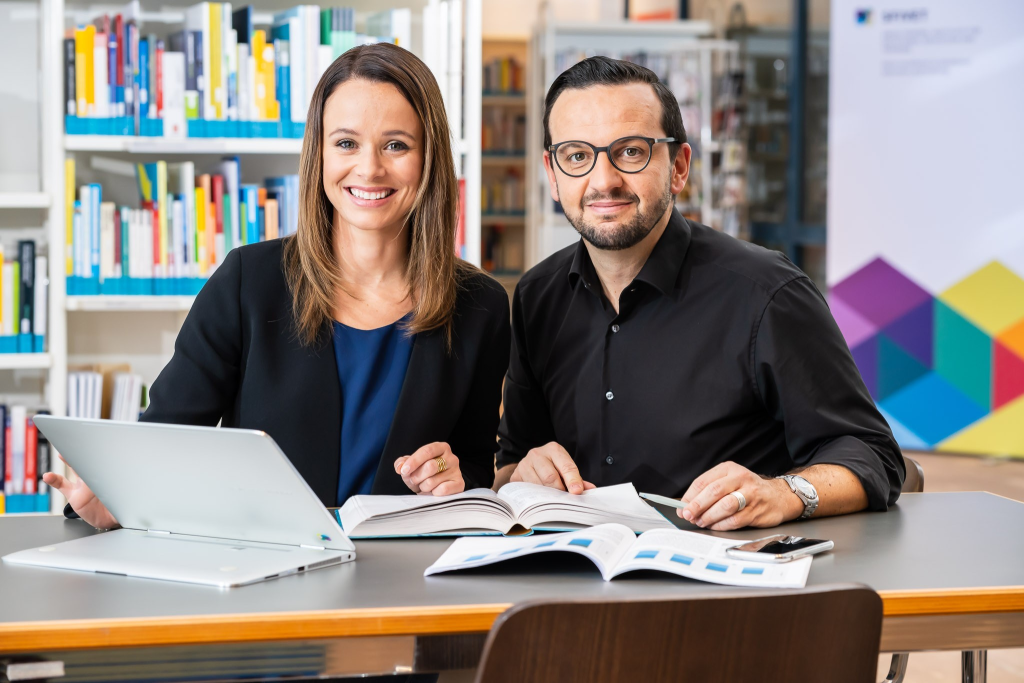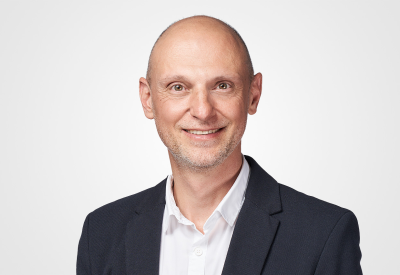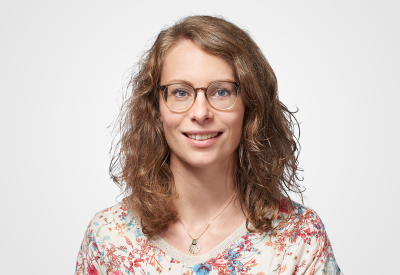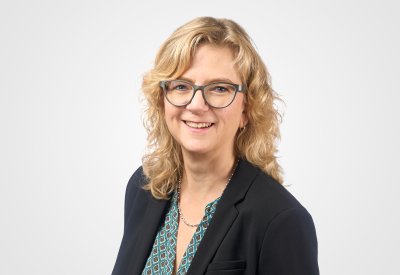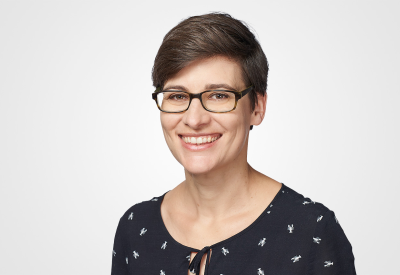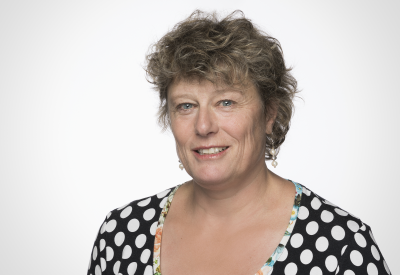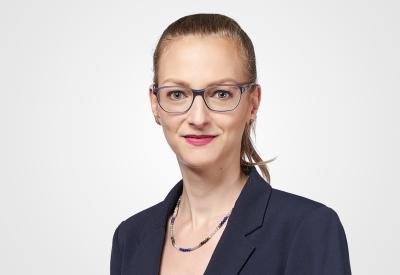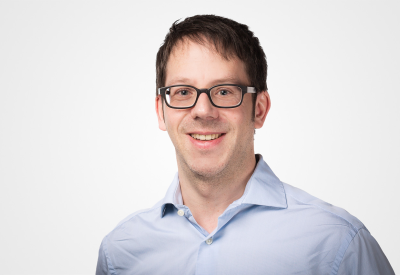Master of Science in Vocational Education and Training
Graduate with a Master of Science in VET! On an internationally unique degree programme, you’ll acquire the expert knowledge required to shape vocational education and training in a science-based, application-led and future-oriented way. This multi-disciplinary degree programme is multi-lingual, takes six semesters to complete and is run on a part-time basis.
On the programme you will acquire extensive knowledge about the Swiss VET system and its international context. You will explore current issues relevant to VET from an economic, sociological, psychological and education science perspective and gain scientific methodology skills. The programme also focuses heavily on application.
Programme overview
The Master of Science in Vocational Education and Training combines classroom-based teaching with accompanying self-study and a traineeship. As a part-time programme, it can be completed while working where we recommend a maximum level of employment of 60%. The degree programme runs every two years. Intermediate admission is possible.
| No. of ECTS | 120 ECTS |
| Programme duration | 6 semesters (part-time) |
| Languages of teaching | German, French (and English) Course literature: German, French and English |
| Place of study | Swiss Federal University for Vocational Education and Training SFUVET, Zollikofen near Bern |
| Start of degree programme | Start of next programme: Autumn semester 2025. It is only possible to start the degree programme regularly every two years. However, you can start the degree programme in the years in between in the so-called intermediate entry. In the first year, you anticipate two modules each in the autumn and spring semesters, which you then no longer have to attend in the 5th and 6th semesters. The degree programme takes one year longer (four years) than the regular start (three years), but you can combine your studies with your professional and private life even better because the number of modules per semester is lower in the first and third year. |
| Attendance | Lectures take place in seven blocks spread across the semester on Fridays/Saturdays but occasionally also on Thursdays. Support is provided by the lecturers responsible during the self-study periods. |
| Teaching fees | CHF 850 in fees per semester CHF 200 enrolment fee CHF 200 approval and defence of master’s thesis CHF 5,500 in total for standard period of study In addition, there are also individual costs, such as for books or expense contributions to introduction days. Students require their own laptop for the programme. |
| Registration | The official application deadline for the MSc degree programme is 31 May. If places are still available, we may also assess applications for a place after this date. Please contact msc@ehb.swiss for more information. |
| Mobility | SFUVET supports the national and international mobility of students. Please contact the Programme Director if you have any questions. |
Career prospects
With the Master of Science in Vocational Education and Training, you will help to shape the world of VET in the following areas of employment:
- Public administrations (Confederation, cantons, municipalities)
- Organisations in the world of work, associations
- VET schools, universities
- Private-sector companies
- Non-governmental organisations
- Research
The Master of Science in Vocational Education and Training does not provide a teaching qualification. Information about teaching qualifications can be found at teacher training degree programmes at SFUVET.
More information
This master’s degree programme is aimed at students interested in vocational education and training.
We expect:
- A bachelor’s degree or an equivalent university degree
- Outstanding level (mother tongue or C2) in one of the main languages of teaching (German/French)
- Very good passive knowledge (B2) of the second language of teaching (German/French) and English
Are you uncertain whether you meet the admission criteria? Contact us or visit one of our information events – we’d be pleased to advise you.
You can also attend individual modules as a guest student.
You submit the online registration form in German or French with the documents required:
- Short letter of motivation
- CV in tabular form
- Certificate qualifying you for admission, upper-secondary level II (baccalaureate etc.)
- Bachelor’s degree or equivalent university degree
- Copy of valid identity card
- Copy of OASI card
- Passport photo
After validation of the documents, you will receive an invitation to an admission interview or a refusal explaining the reasons for rejection.
Here you will find the documents relevant to the Master of Science in Vocational Education and Training:
Klara Sokol, former student of the MSc, appreciates the fact that our Master of Science in Vocational Education and Training combines several disciplines and combines theory and practice. She tells us in the video what the study program brings to her job as director of éducation21 [in German].
You will find a selection of master’s theses written as part of the programme in the SFUVET library in Zollikofen.
In addition to the Programme Director, academic support staff and the administrative office, the multilingual team on the MSc in Vocational Education and Training includes six senior lecturers responsible for lecturing in their specialist fields. As well as lecturing themselves, they also bring in external lecturers and experts.
The Scientific Advisory Board is an advisory body which supervises SFUVET’s university degree programmes and their development. It is made up of internationally renowned academics and ensures the programmes meet high academic standards and are relevant to the future.
Prof. Dr. Andreas Frey, University of Applied Labour Studies of the Federal Employment Agency (Mannheim/Schwerin)
Prof. Dr. Tobias Hagen, Frankfurt University of Applied Sciences
Prof. Dr. Jendrik Petersen, University of Koblenz Landau
Prof. Dr. Barbara Schober, University of Vienna
